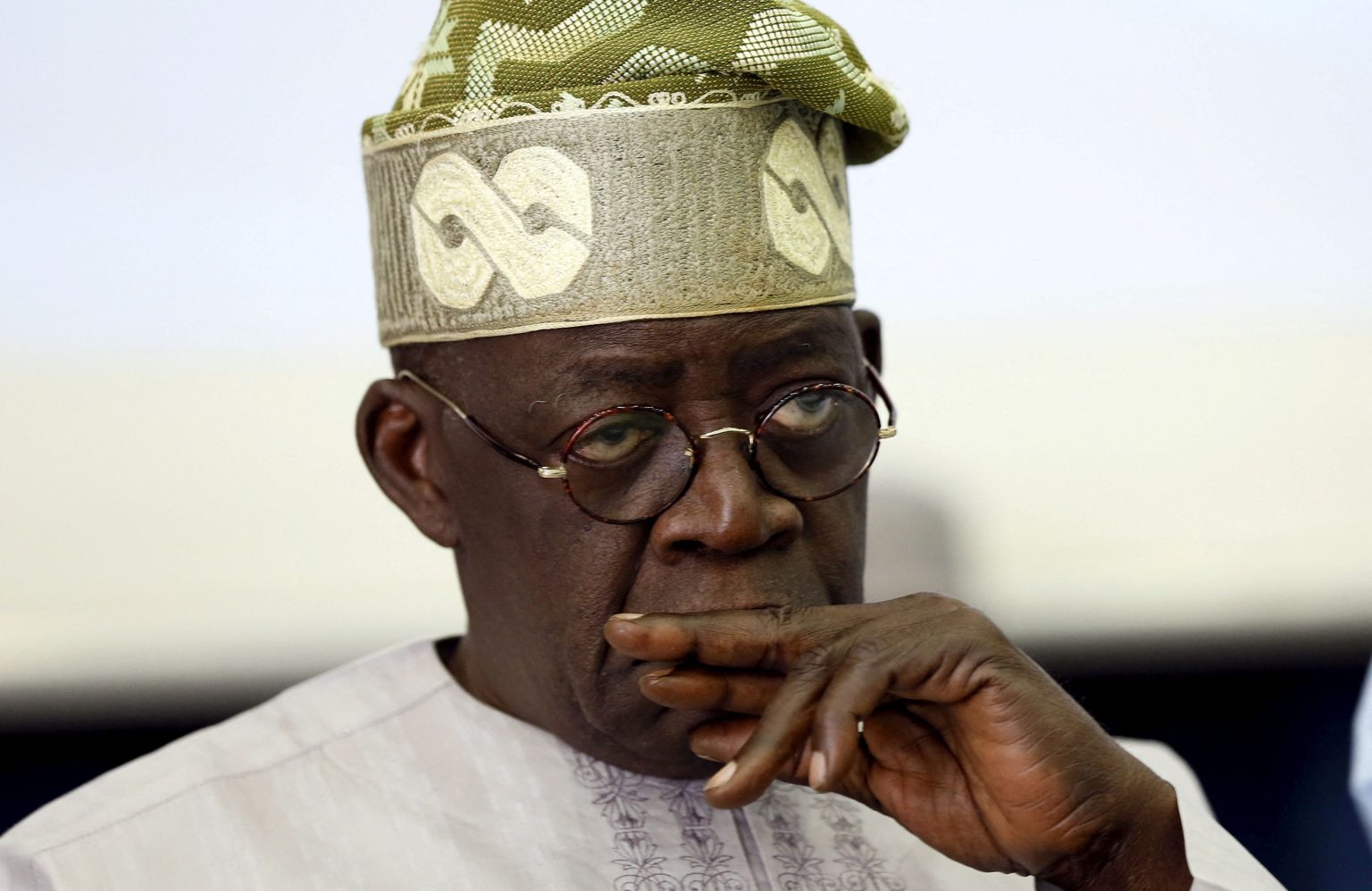A major wave of defections is expected to hit Nigeria’s political landscape in the coming weeks, with credible sources inside President Bola Tinubu’s inner circle revealing that several opposition governors are preparing to cross over to the ruling All Progressives Congress (APC) before the end of November.
According to the source, the move forms part of an aggressive political realignment aimed at consolidating the APC’s dominance ahead of the 2027 general elections.
Since President Tinubu assumed office in May 2023, the APC has tightened its grip on the nation’s politics. In less than two years, the party has successfully attracted several sitting governors from opposition ranks.
Among those who have already defected from the Peoples Democratic Party (PDP) to the ruling APC are Umo Eno of Akwa Ibom, Sheriff Oborevwori of Delta, Peter Mbah of Enugu, and Douye Diri of Bayelsa State.
As of 12 November 2025, the APC controls 25 governorships across the federation, while the PDP retains eight. The Labour Party (LP), All Progressives Grand Alliance (APGA), and New Nigeria Peoples Party (NNPP) each hold one state.
Read Also:
APC chieftain urges unity in support of President Tinubu to end terrorism
Remi Tinubu distributes 10,000 sanitary pads to school girls
Ex-Zamfara APC gov aspirant warns against candidate imposition
Governors by Party Affiliation
APC Governors (25 States): Umo Eno (Akwa Ibom), Douye Diri (Bayelsa), Hyacinth Alia (Benue), Babagana Zulum (Borno), Bassey Otu (Cross River), Sheriff Oborevwori (Delta), Francis Nwifuru (Ebonyi), Monday Okpebholo (Edo), Biodun Oyebanji (Ekiti), Peter Mbah (Enugu), Inuwa Yahaya (Gombe), Hope Uzodinma (Imo), Umar Namadi (Jigawa), Uba Sani (Kaduna), Dikko Radda (Katsina), Nasir Idris (Kebbi), Usman Ododo (Kogi), AbdulRahman AbdulRazaq (Kwara), Babajide Sanwo-Olu (Lagos), Abdullahi Sule (Nasarawa), Umar Bago (Niger), Dapo Abiodun (Ogun), Lucky Aiyedatiwa (Ondo), Ahmad Aliyu (Sokoto), and Mai Mala Buni (Yobe).
PDP Governors (8 States): Ademola Adeleke (Osun), Dauda Lawal (Zamfara), Agbu Kefas (Taraba), Siminalayi Fubara (Rivers), Caleb Mutfwang (Plateau), Seyi Makinde (Oyo), Bala Mohammed (Bauchi), and Umaru Fintiri (Adamawa).
Others: Alex Otti (Abia – LP), Charles Soludo (Anambra – APGA), Abba Kabir Yusuf (Kano – NNPP).
New Wave of Possible Defections
A source within the Tinubu cabinet revealed that several opposition governors including Agbu Kefas of Taraba, Ademola Adeleke of Osun, Caleb Manasseh Mutfwang of Plateau, Abba Kabir Yusuf of Kano, and Alex Otti of Abia are in advanced discussions to defect to the APC. The source added that “the ruling party cannot afford to lose control of the presidency. Any party that loses the presidency risks losing political dominance nationwide.”
Tinubu came into power as a relatively weak candidate. Although he won the election, his national vote share was only about 36.6%. Therefore, Tinubu needs the support of governors especially those in the opposition to strengthen his hold on the ruling party.
According to the source, governors aligned with the President have been urged to “channel all available resources” to strengthen the APC’s presence in strategic states, particularly the Federal Capital Territory, North-West and key southern strongholds.
Fears of a One-Party State
Political observers have expressed concern that the continued defection of opposition governors may push Nigeria closer to a de facto one-party system. Critics argue that the mass defections undermine democracy and weaken political accountability at the state level.
“This development has already weakened the PDP in its traditional bases, particularly in the South,” said a political analyst in Abuja. “If the trend continues, the 2027 election will effectively be a one-party race.” Analysts also believe the renewed defection campaign is part of President Tinubu’s re-election strategy. With his popularity reportedly declining in parts of Northern Nigeria, due to economic hardship and the defection of key APC figures to the African Democratic Congress (ADC), the President is said to be focusing on consolidating on governors.
Calls for Electoral and Constitutional Reform
The wave of defections has renewed calls for constitutional amendments to penalize elected officials who switch parties mid-term. Several civil society groups and constitutional lawyers argue that the 1999 Constitution and Electoral Act should be amended to ensure that governors and lawmakers automatically lose their seats if they defect without a legitimate party crisis.
“The current system rewards opportunism and weakens the mandate of voters,” said one constitutional lawyer. “Nigeria needs stronger legal guardrails to preserve the integrity of its democracy



